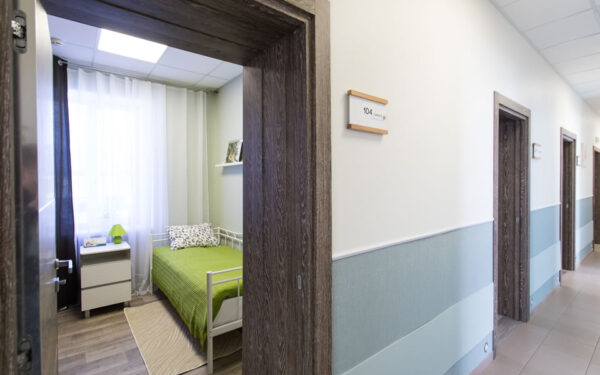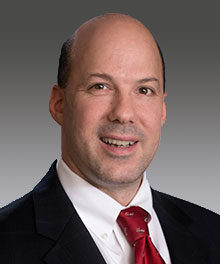Little-Known New Jersey Law May Trip Up Some Home Health Organizations in 2017
By Justin Nepo, Partner, Assurance Services

On June 23, 2014, the State of New Jersey passed new legislation which may have gone unnoticed by most, but was significant for owners of home health services businesses. The law, known as NJ Senate No. 667 of 2014, will have particular significance for home health services businesses in 2017, when its new audit requirement takes effect.
NJ Senate No. 667 of 2014 directly impacts home health services organizations that are regulated by the Division of Consumer Affairs in the Department of Law and Public Safety by expanding the definition of health care service firms to include firms that place or arrange for the placement of personnel to provide companion services (the previous definition only included firms that place or arrange for the placement of personnel to provide health care or personal care services). With the expanded definition of “companion services,” organizations providing non-medical basic supervision and socialization services which do not include direct physical contact with the individual, and which are provided in the individual’s home, are now required to comply with the law. This law also clarifies the definition of “personal care services” as services performed by licensed or certified personnel for the purpose of assisting an individuals with activities of daily living that may involve physical contact.
The most significant impact of this bill, however, is the requirement that health care service firms obtain accreditation and comply with an audit requirement in the third calendar year after registration and every third year thereafter.
Home health care service organizations are required to obtain accreditation from an accrediting body that is recognized by the Director of the Division of Consumer Affairs within 12 months of licensure. As a condition of licensure, a home health care service firm is to have an audit of its financial statements performed by a qualified certified public accountant (“CPA”) in the third calendar year after registration and every third year thereafter. A service provider that receives state Medicaid funds is also required to submit an annual cost report with its audit and have a qualified CPA render an opinion on the accuracy of the report, along with the financial statement audit report.
Many home health services may not be familiar with the various levels of assurance that a qualified CPA can provide and how each of those service levels supports the business’s compliance obligations. While the details of each assurance engagement are specific to every client, there are three primary types of attestation services:
- Compilation – This is first level of service that can be performed and does not provide any form of assurance on the financial statements. The CPA takes the client’s financial information from the client’s trial balance and presents that information in a financial statement format. The CPA is not required to verify the accuracy or completeness of the information and is not required to be independent in order to issue this report.
- Review – This level of service is substantially narrower in scope than an audit and provides limited assurance to the users of the financial statements. An opinion on the financial statements is still not rendered. The CPA must be independent and provides a conclusion that they are not aware of any material modifications that should be made to the financial statements. This conclusion is based primarily on the application of analytical procedures to the financial information and inquiries of the organization’s management. The CPA is required to obtain an understanding of the industry in which the organization operates and its accounting principles, but is not required to obtain an understanding of the organization’s internal controls.
- Audit – This is the highest level of assurance that can be provided and is intended to provide a user with comfort regarding the accuracy of the financial statements. In an audit, the CPA is required to obtain an understanding of the organization’s internal controls and assess fraud risk (but not to actively search for fraud or perform specific procedures to detect fraud). The CPA is also required to corroborate the amounts and disclosures included in the financial statements by obtaining evidence through inquiry, physical inspection, observation, third-party confirmations, analytical procedures, and other methods. The CPA renders an opinion on whether the financial statements are presented fairly. Additionally, the CPA is required to report any significant deficiencies or material weaknesses in the organization’s internal control system.
It is important to note that NJ Senate No. 667 of 2014not only requires that an audit be performed on the organization’s financial statements, but also on its cost report. Unfortunately, there are no exemptions from the audit requirement. All home health care service organizations that meet the definition in this law must have an annual audit performed or will lose their license to practice.
Many organizations are not familiar with this New Jersey law. If your organization meets the definition of a home health service organization in New Jersey, you need to make sure that you are in compliance with this new law. Consult your Marcum advisor for additional information, or contact Justin Nepo (215) 291-2130 (Philadelphia).







